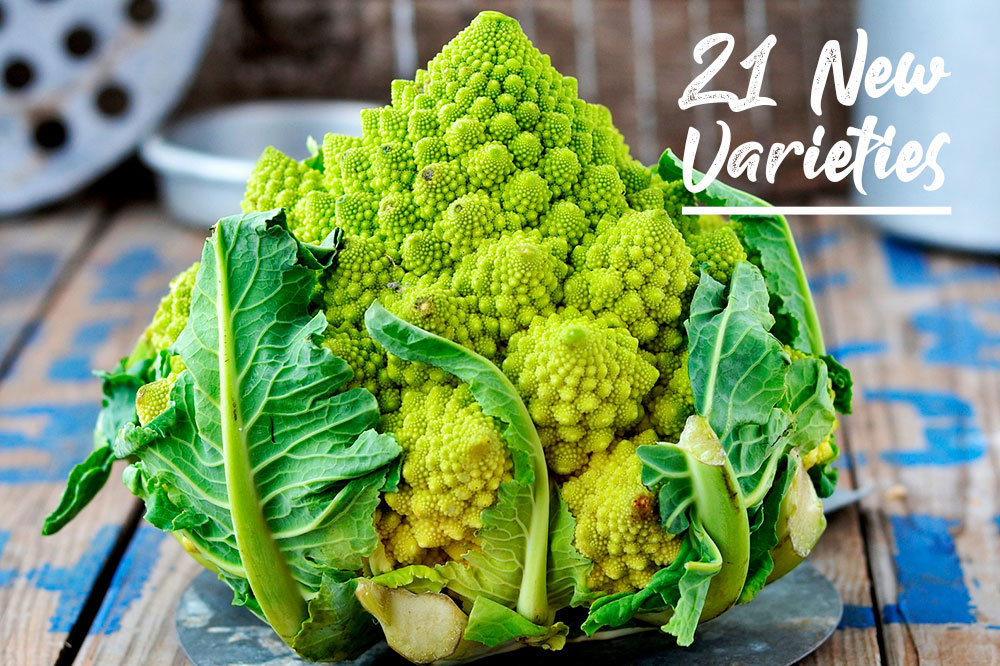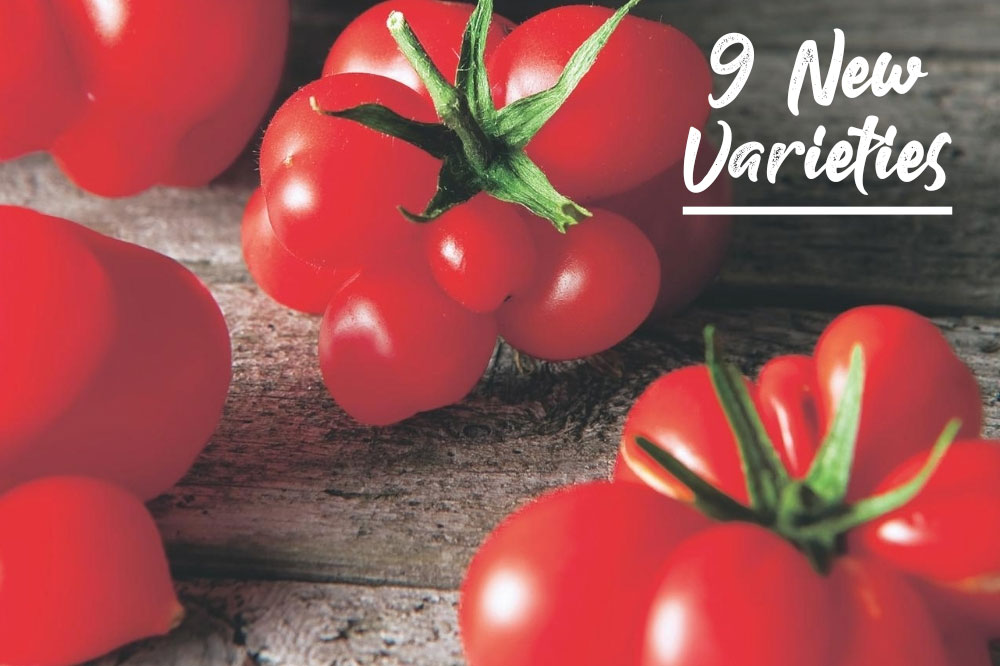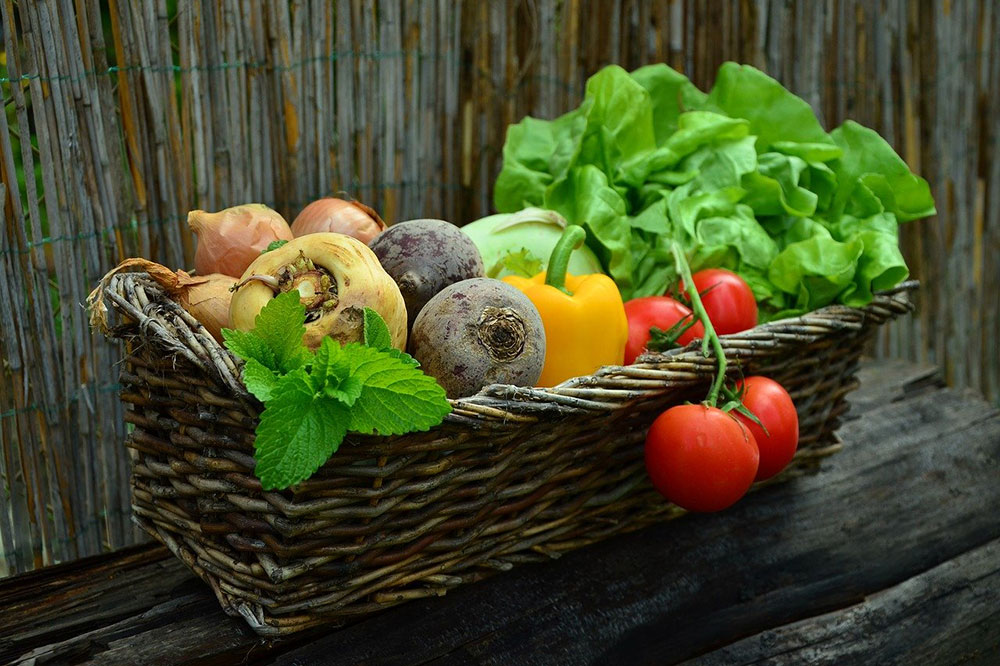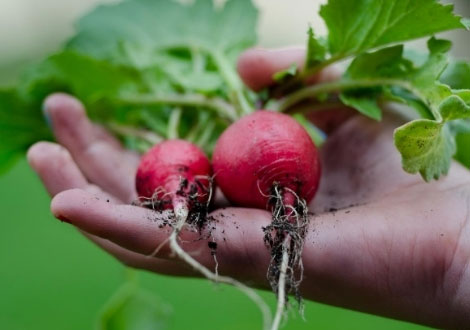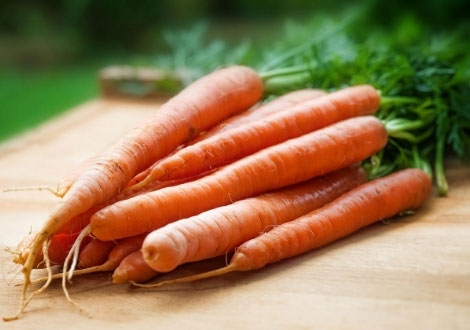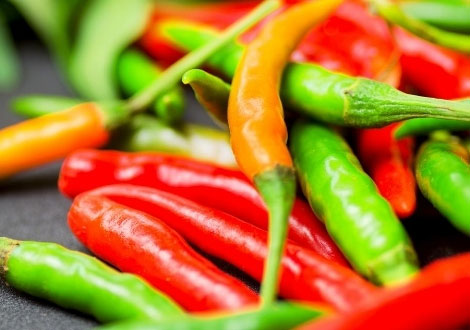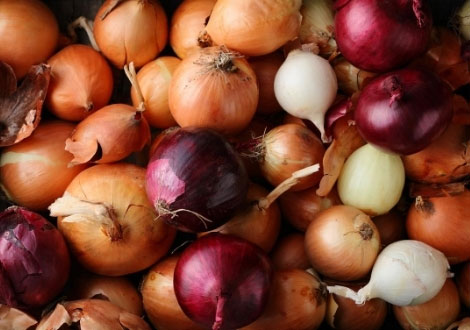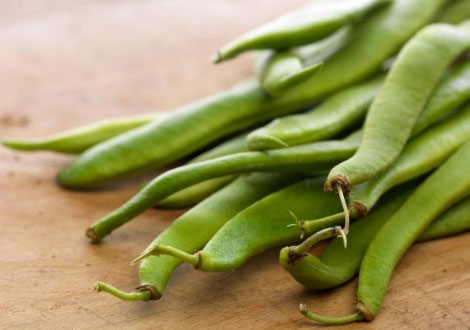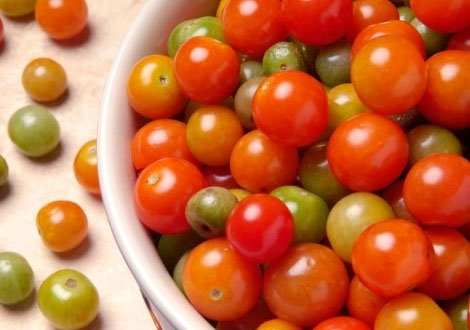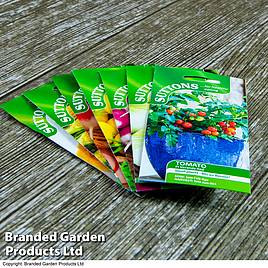Vegetable seeds FAQs
Our huge collection of vegetable seeds includes exciting and innovative options like irresistible 'Tiny Temptation' tomatoes and smoky 'White Chocolate' chilli peppers. Or choose easy-to-grow staples like carrots and beetroot, sure to fill your plate with colour and quality. Encourage the next generation with seeds for kids and nurture those little green fingers with easy-to-use seed tapes. Read our beginners guide to growing vegetables from seed for lots of helpful advice in getting started. For the more experienced veg growers, browse our expert advice on sowing and growing vegetable seeds for new ideas.
What veg seeds are easy to grow?
Most seeds are easy to grow, provided you follow the instructions on the back of the packet. For beginners and those gardening with children, there are plenty of veg which germinate very reliably and which tend to survive no matter what. Good examples of easy-to-grow veg seeds include radishes, beetroots, courgettes, strawberries, tomatoes and spinach seeds.
Can vegetable seeds go bad?
Vegetable seeds go bad and won’t germinate if they’re kept for too long or kept incorrectly. It’s a good idea to sow your vegetable seeds in the same year of purchase for the best germination results and the best quality harvests. If you open your saved seed packet and the seeds are damp, or mouldy, it’s best to discard and start again with fresh seed.
If you’ve got seeds left over in the packet after sowing and you want to keep them fresh for next year, make sure you store your seeds properly. Keep them in a cool, dark place under 5? and away from damp. After two years, it’s best to buy new seed to make sure you keep getting great germination results.
How long do vegetable seeds last?
Most vegetable seeds will last for at least two years. For guaranteed results, it’s best to start off with fresh seed bought the same year as you want to sow. Some vegetable seeds last longer than others. As a general rule, small seeds like lettuce do better if they’re sown in the same year as purchased whereas larger seeds like melons and beans store for longer. The seed is a food store for the new seedling, and if the seed is kept for too long and the store runs out, germination won’t be able to happen.
When to plant vegetable seeds
Plant your vegetable seeds within two years of purchase. Sow your seeds onto damp compost in a warm space, moving them into a sunny spot like a south facing windowsill when you see germination. Make sure your seedlings stay moist, turning them every few days to make sure they develop strong, straight stems.
The best time to sow seed depends on which vegetables you are growing. See Sutton’s handy chart to find out what vegetable seeds to sow month by month. Veggies that need lots of sun to ripen their fruits like aubergines, tomatoes and chillies do best with a head start early in the year and plenty of warmth in spring and summer. Sow cold-lovers like corn salad, broad beans and brassicas in summer for winter harvests.



